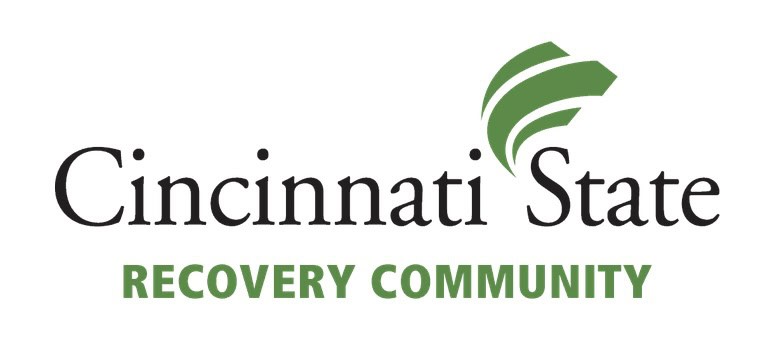Cincinnati State Recovery Community for students will launch in Fall 2024
Starting in Fall Semester 2024, the Cincinnati State Recovery Community (CSRC) will provide a new resource for students who need support in dealing with substance use or misuse, mental health struggles, or problem behaviors, either for themselves or in relationships with others.
Students who reach out to the Recovery Community can feel comfortable they will be “met where they are” in their recovery journey.

The program will approach all types of recovery in a holistic and compassionate way, using harm reduction principles. Students in any stage of recovery are welcome, regardless of treatment or recovery.
A “drop-in space” will be available to Recovery Community students to attend groups, receive support, or just work on homework and build community with others. Hours of operation will be posted after Fall Semester begins.
Participating students must sign a Participant Agreement to ensure compliance with the Student Code of Conduct and the mission and goals of the Recovery Community.
Funding for the Recovery Community is supported by a grant from Ohio Department of Higher Education. Cincinnati State’s program is a member of the Association of Recovery in Higher Education.
Holly Stoddard, MSSA, LISW, LICDC, is the coordinator for Recovery Community services. Holly is a faculty member in the Human & Social Services and Addition Studies programs, and a harm reductionist and trauma-informed therapist who specializes in trauma, substance and other use disorders, and recovery.
Eric Smith, the Triage Coordinator for Cincinnati State Counseling Services, will supervise Peer Support and Community Resources provided through the Recovery Community.
Possible support groups that could start in Fall Semester 2024 include:
- Veterans and military support group
- Support groups for relationships to mind, body, and food
- Gambling & gaming support group
- Self-compassion support group
- Family & Friends support group (for students who are affected because of their family or friends)
- SMART Recovery group (an evidence-based alternative to the 12-step model)
- Come As You Are support group to welcome all into the community, focused on prevention, education, and building community
For more information, contact recoverycommunity@cincinnatistate.edu.
